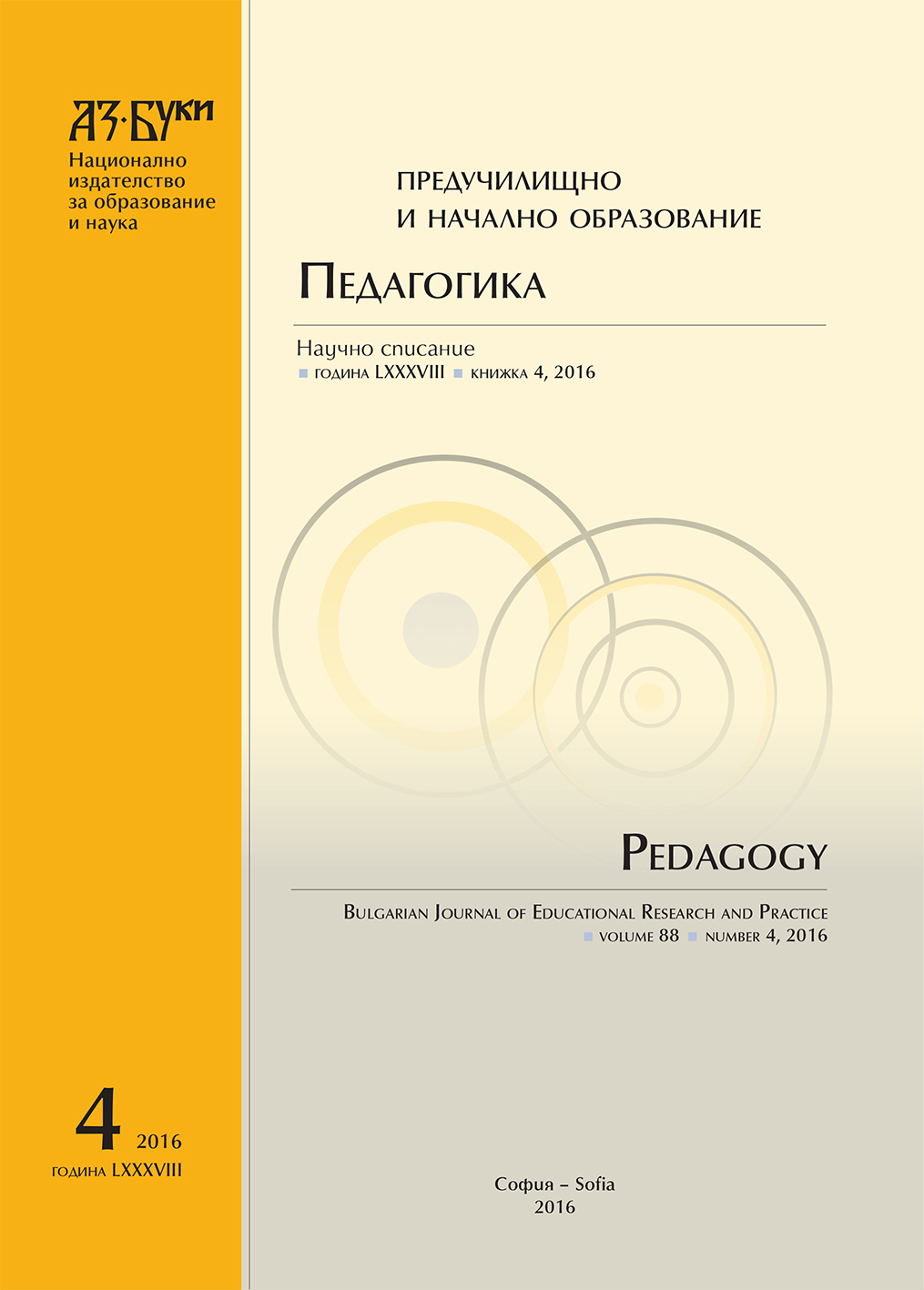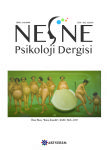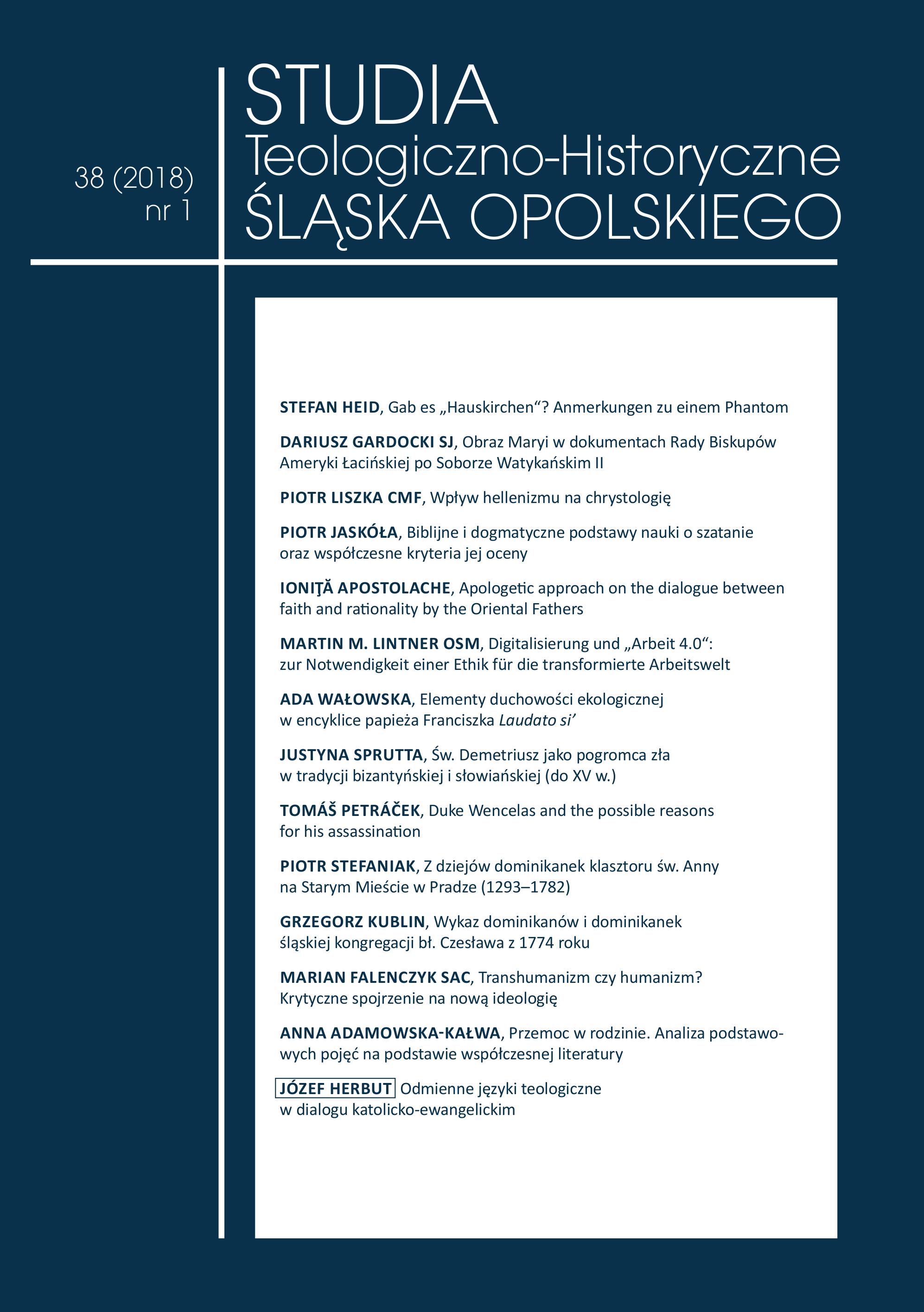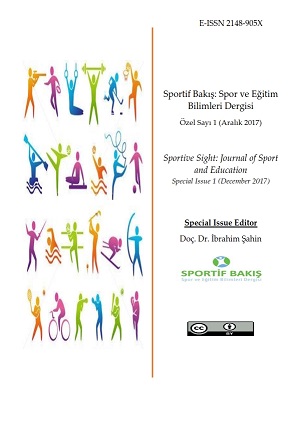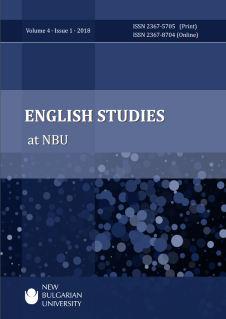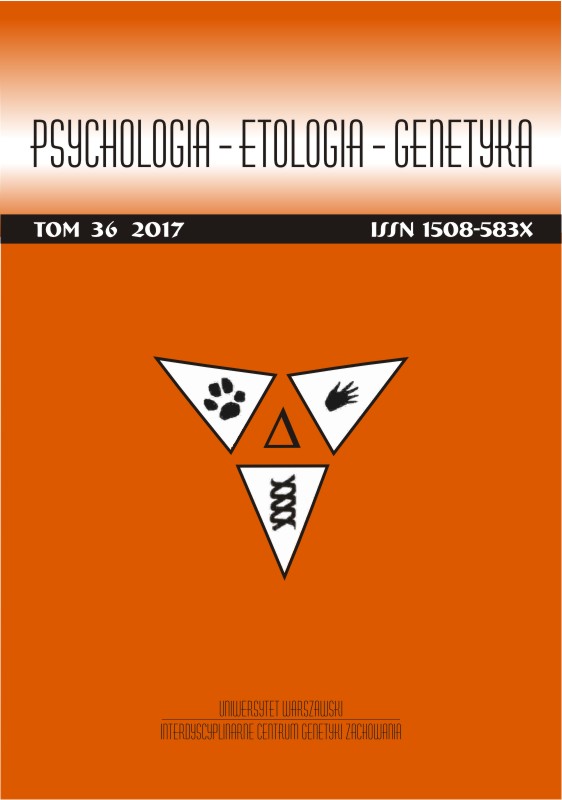
Zachowania celowe mierzone samoopisowo – pomiar i struktura
The paper presents finding from analyses conducted in order to (a) prepare a pool of items measuring a wide range of purposive avocational behaviors and (b) empirically categorize these behaviors. The analyses were conducted on a pool of 209 statements describing behavioral acts and using a frequency response scale. The statements were taken from Oregon Avocational Interest Scales (ORAIS) by Goldberg (2010). The group of participants consisted of 801 people aged 16–72 (M = 29.71, SD = 12.69). A series of exploratory analyses was conducted on a reduced pool of items (by removing these poorly differentiating). As a result, 135 behavioral acts were grouped into 17 categories. Further analyses showed that these 17 categories can be grouped into 4 or 2 interpretable higher-order factors, which meaning is similar to personality metatraits.
More...
